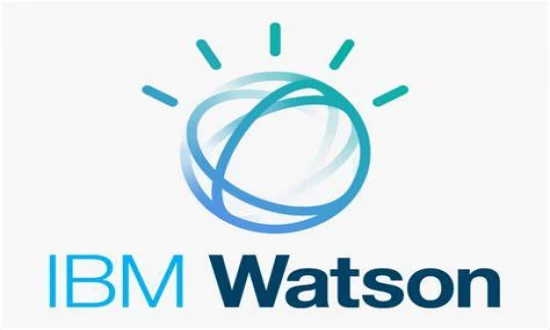What is IBM Watson?
IBM Watson is a pioneering artificial intelligence (AI) platform developed by IBM. It gained international recognition when it famously defeated champions Brad Rutter and Ken Jennings in the television game show Jeopardy! in 2011. This victory showcased Watson's ability to understand and process natural language, marking a significant milestone in AI development.
Purpose and Core Functionality
IBM Watson was designed to process and analyze large volumes of unstructured data, which constitutes the majority of data available today. Its core functionality revolves around natural language processing (NLP), machine learning, and cognitive computing. These capabilities enable Watson to interpret complex queries, extract meaningful insights from vast datasets, and assist in decision-making processes.
Key Features and Capabilities
Main Features
- Natural Language Processing (NLP): Watson excels in understanding and processing human language, allowing it to interact with users in a conversational manner.
- Question-Answering: Leveraging its powerful NLP capabilities, Watson can accurately answer complex questions by analyzing and interpreting data from multiple sources.
- Machine Learning: Watson uses machine learning algorithms to improve its performance over time, adapting to new data and refining its models.
Tasks and Applications
IBM Watson is equipped to handle a variety of tasks including:
- Data Analysis: Watson can analyze large datasets to uncover patterns, trends, and correlations.
- Decision Support: By providing data-driven insights, Watson aids businesses in making informed decisions.
- Cognitive Computing: Watson integrates data from diverse sources, understands context, and generates insights that mimic human thought processes.
Use Cases and Applications
Real-World Applications
IBM Watson has been successfully employed across multiple industries:
- Healthcare: Watson aids in diagnosing diseases, personalizing treatment plans, and analyzing medical literature to support clinical decisions. For example, Watson has been used to accelerate drug discovery by analyzing scientific data to identify potential drug candidates.
- Finance: In the financial sector, Watson helps in risk assessment, fraud detection, and customer service by analyzing transaction data and customer interactions.
- Customer Service: Watson's virtual assistant capabilities enable businesses to provide 24/7 customer support, handling inquiries and solving problems efficiently.
Versatility and Adaptability
Watson's ability to process unstructured data and its adaptability to various use cases make it a versatile tool. It can be customized to meet the specific needs of different industries, from retail and education to logistics and beyond.
Advantages and Challenges
Key Advantages
- Handling Unstructured Data: Watson can process and analyze unstructured data such as text, images, and audio, which constitute a significant portion of all data.
- Scalability: Watson's cloud-based infrastructure allows it to scale efficiently, accommodating the needs of small businesses to large enterprises.
- Integration: Watson integrates seamlessly with other technologies and platforms, enhancing its utility and ease of use.
Challenges and Limitations
- Specialized Expertise: Implementing and customizing Watson can require specialized knowledge and expertise, which may be a barrier for some organizations.
- Potential for Bias: Like all AI systems, Watson can exhibit bias in its decision-making processes if the underlying data is biased. Ensuring fairness and transparency remains a critical challenge.
Conclusion
IBM Watson stands out as a leading AI platform, offering robust capabilities in natural language processing, machine learning, and cognitive computing. Its ability to handle unstructured data and provide valuable insights across various industries underscores its significance in the AI landscape. As IBM continues to innovate and expand Watson's capabilities, the platform is poised to play an increasingly pivotal role in the future of artificial intelligence.


